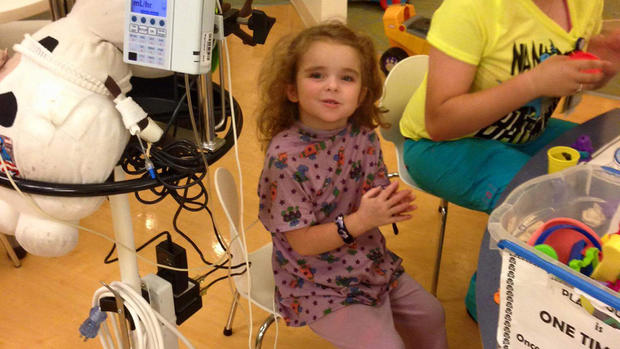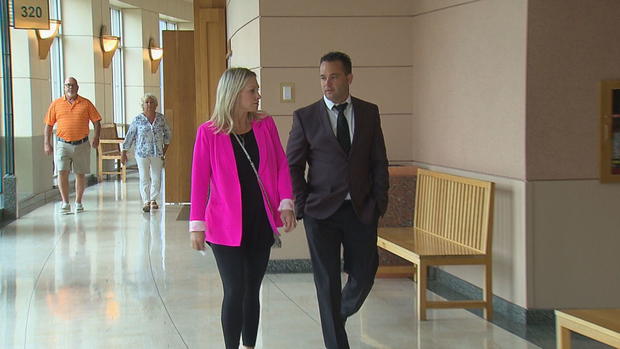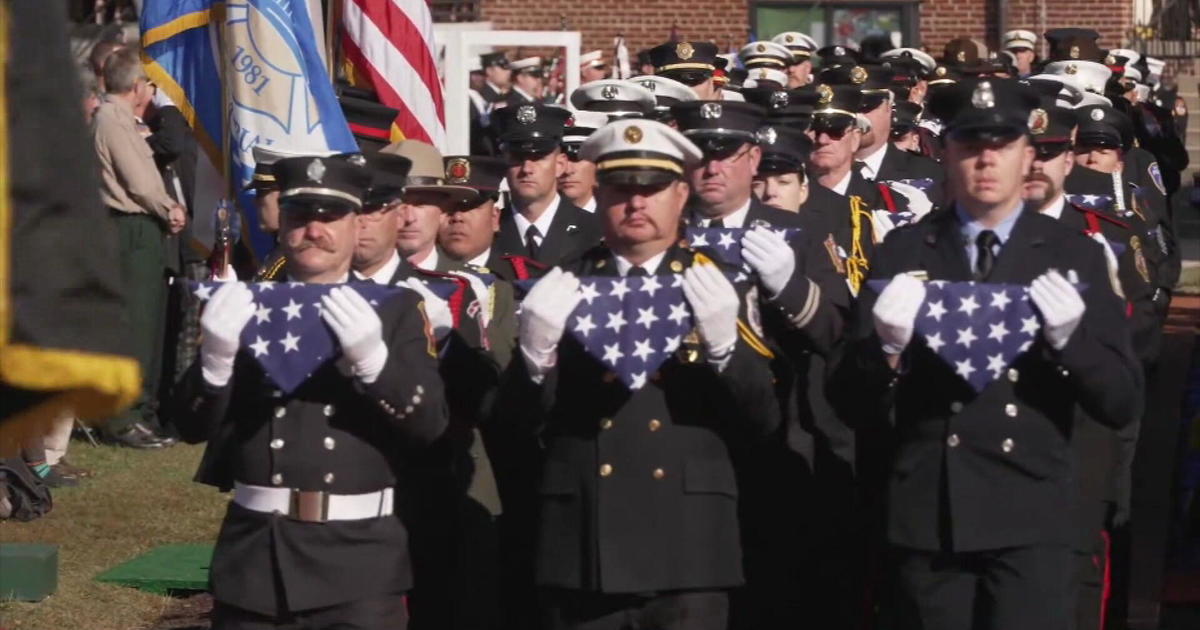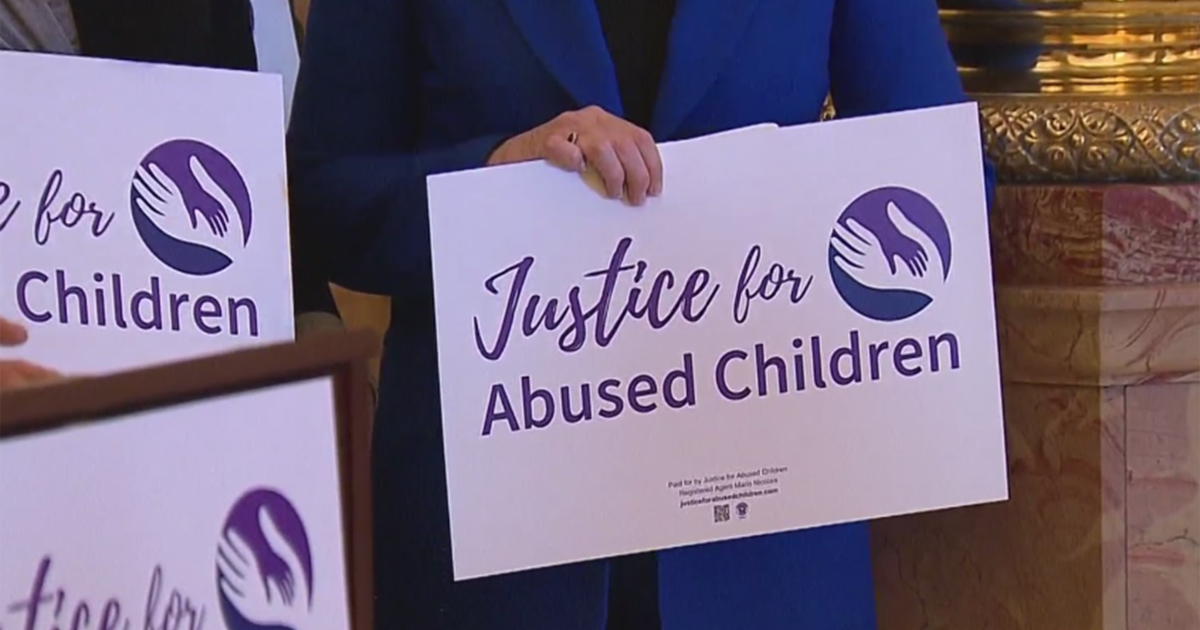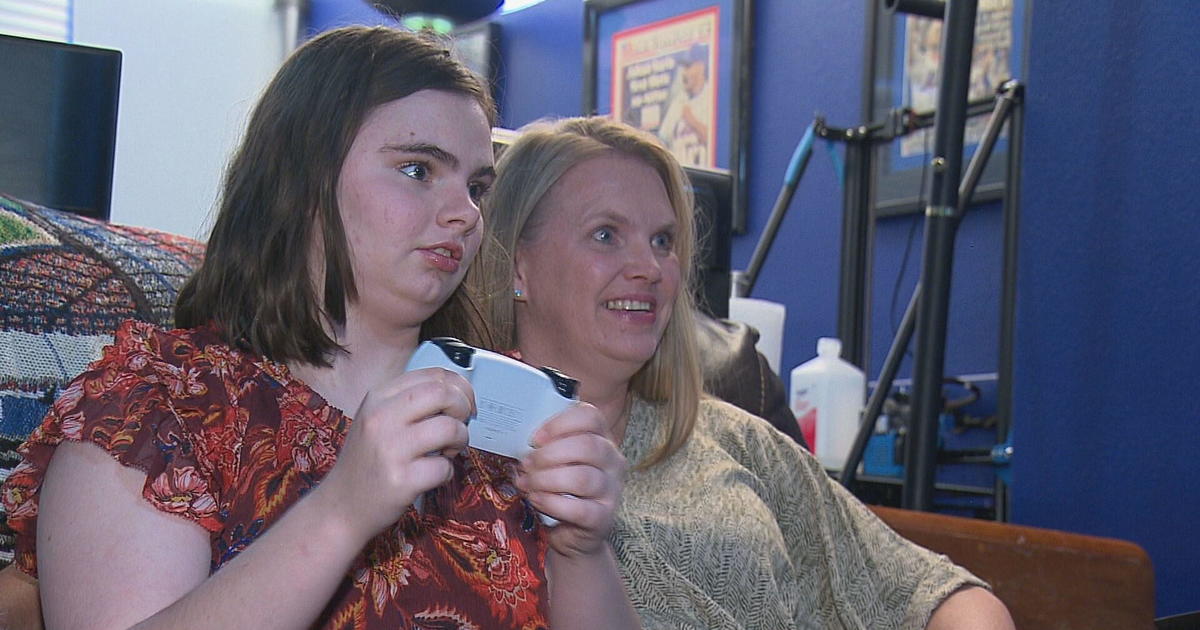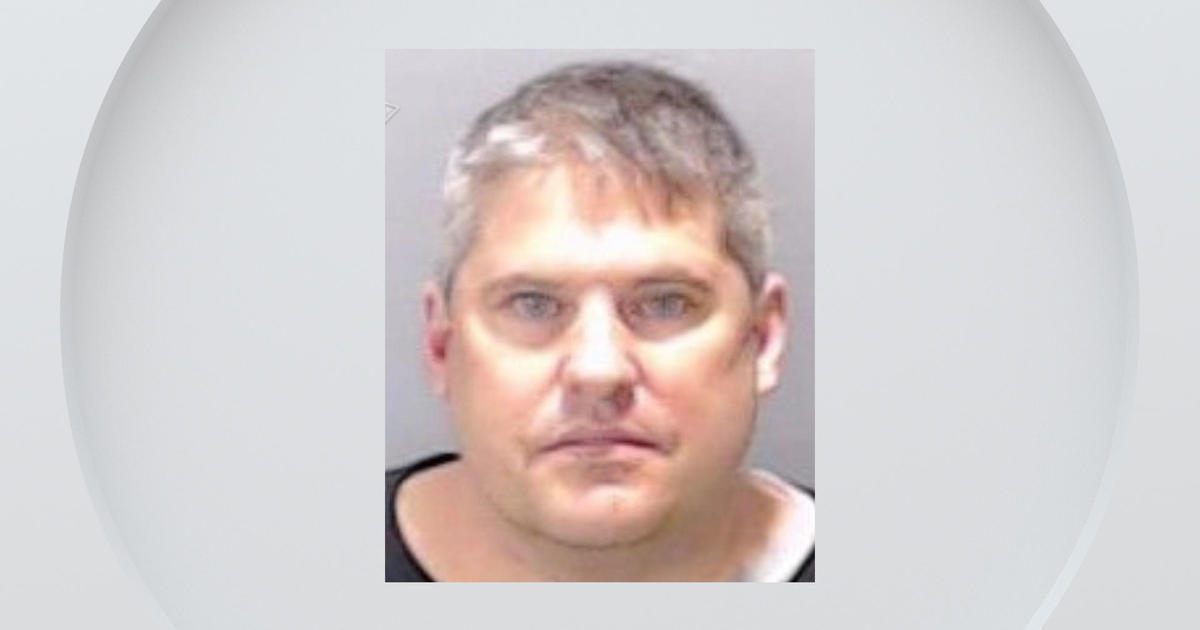"Time to review": Mandatory reporters of suspected child abuse
Some Coloradoans may be responsible for reporting child abuse and not know it.
Yet there are legal implications if they don't follow the rules including criminal charges.
Professionals such as school counselors, pediatricians, daycare providers and school resource officers are expected to know their roles as mandatory reporters. Working closely with children and young adults is their career focus. They are naturally in positions of trust and care for them on a regular basis. As professionals, they know the rules of mandatory reporting.
It's their duty.
Many others, however, including commercial photographers, pharmacists, dieticians, dental hygienists, veterinarians and firefighters may not know they are on the hook to the same degree.
There is evidence that those who are "in the know" as mandatory reporters are showing a small measure of confusion about the matter.
If that's the case, how are those workers on the fringe of child care supposed to understand their responsibilities?
That question is why the state is now taking steps to ensure everyone who should know, does.
Legislators at the Colorado State Capitol passed House Bill 22-1240 this past legislative session. The bill created a task force that will examine the inefficiencies of Colorado's current mandatory reporting system for the next two years.
It's a system that was called "inconsistent" and "fragmented" last year by someone with intimate knowledge of its workings, Stephanie Villafuerte, the Child Protection Ombudsman of Colorado.
"I have worked in the Colorado child protection system for nearly thirty years," Villafuerte recently told CBS4. "I have heard complaints for years about the failure of the law to protect children as well as the disproportionate impacts the law has on families of color. I believe it is time for Colorado to review it and see how it can work more effectively for everyone."
Villafuerte's office issued a strong rebuke of the state's system when it issued a report last September: "How Colorado's mandatory reporter law lacks the necessary infrastructure to support those charged with reporting suspected child abuse."
It summarized feedback from the state's mandatory reporters and compared Colorado's reporting laws to those of other states. It found ambiguities in Colorado's written law, plus inadequate training and guidance for mandatory reporters.
"All preventable child abuse deaths are tragedies," Villafuerte added. "This includes Olivia's case as well as the dozens if not hundreds I have prosecuted and reviewed over the years."
Olivia Gant passed away in 2017. She was 7 years old.
She endured surgeries and treatments at Children's Hospital for five years. Her ordeal has been described as a textbook case of Munchausen Syndrome by Proxy.
Unfortunately, doctors suspicions did not have formal contact with law enforcement until after her death.
Her mother was eventually convicted of defrauding charities while contributing to the young girl's passing.
RELATED Kelly Turner sentenced to 16 years in prison for death of daughter Olivia Gant
Some lawsuits over the matter have been resolved. But there is still active litigation regarding the handling of her illnesses.
RELATED Lawsuit that was filed against hospital over death of Olivia Gant resolved
Olivia Gant's case - and Villafuerte's 2015 report - were in legislators' hands as they debated the new task force's creation earlier this summer, according to Rep. Mary Young, one of the bill's sponsors.
"I'm hoping that what comes out of this work is greater clarity for everybody and what is expected of mandating," Young told CBS4. "There have been 40 additional mandated reporters. It is so essential to me that we have a system that works for everyone involved."
RELATED Death of Olivia Gant impetus for new mandatory child abuse reporting bill
Young herself has been a mandatory reporter for decades, working the last 20 years as a counselor in the Greeley-Evans and Keenesburg school districts, and a special education teacher prior to that.
She wants a reporting system that is responsive and supportive at the beginning of the process. But it also needs to avoid being unjustly punitive when abuse claims end up unsubstantiated.
"I know how stressful this is, so it has to be a system that works," she said.
The task force will study many aspects of mandatory reporting, but in particular will attempt to determine whether Colorado needs a state-wide platform for training or should continue to rely on individual agencies and employers to provide it.
It will also seek to improve the performance of institutions in timely reporting, not just individuals.
As the state works to refine the mandatory reporting system, a small number of mandatory reporters are already in the middle of their own legal struggles with it.
Craig Aukland's journey through the courts just ended. Aukland was the athletic director for Chatfield High School when a 13-year-old boy was involved in an incident with teammates in March 2021. Aukland considered it a hazing incident, but others, including the boy's mother, believed the boy was a victim of sexual assault.
Aukland resigned his position (as did the school's principal) months later.
He was also charged with failing to report child abuse.
A jury acquitted him last month.
RELATED Jury acquits former Chatfield Senior High School Athletic Director Craig Aukland
Afterward, Aukland's attorney, Charles Nicholas, did not mince words in his criticism of the state's current status.
"This case serves to highlight the inadequacies of Colorado's mandatory reporter law," Nicholas stated. "Mr. Aukland hopes his experience will serve to guide more coherent legislation to protect our community, our children, and those entrusted with their welfare."
Meanwhile, two administrators in the Brush School District, Bradley Bass and Steve Hodges, stand accused of possessing child pornography after their alleged mishandling of a mandatory reporting situation.
Bass and Hodges became aware in April of male students who were allegedly in possession of nude photos of female students, some of whom were the boys' classmates. As part of their own investigation, Bass took screenshots of the photos from the boys' phones using a cell phone provided by the district. Hodges apparently witnessed this. Bass then stored the photos on a district computer in his office.
There is an no allegation that Bass or Hodges intended to use the photos for personal reasons.
According to the arrest affidavit in the case, Bass also spoke with the Brush Police Department's school resource officer (SRO) about the students' "sexting." Thus, the SRO knew Bass was looking into the improprieties on behalf of the school district. The SRO moved to a different work shift and did not report the sexting to his department until the end of April. That delay itself appears to be a violation of the state statute that requires "immediate" reporting of such incidents, but which - as Villafuerte's report points out - doesn't specify what length of time constitutes "immediate."
When, in late April, the SRO's superiors at the Brush Police Department were made aware of the alleged sexting incident, search warrants were issued. Bass's possession of copies of the sexted photos violated state law, according to police. The state requires police be immediately notified in a such cases in order to oversee collection and deletion of the obscene material, preventing further harm to the victims.
As stated by an investigator in the arrest affidavit, Bass and Hodges both believed notification of police was one of three options available to them under school district policy:
"Scott did later get me a copy of the school's student interview, interrogation, searches, and arrests policy. In the Seizure of items sections it docs (sic) read the following:
Anything found in the course of a search conducted by school officials which is evidence of a violation of law or Board policy or school rules or which by its presence presents an immediate danger of physical harm may be:
1 . Seized and offered as evidence in any suspension or expulsion proceeding. Such material shall be kept in a secure place by the principal until it is presented at the hearing.
2. Returned to the student or the parent- guardian.
3. Turned over to a law enforcement officer in accordance with this policy."
But now both men face four felony counts each.
"Mr. Bass conducted his investigation into this incident in accordance with school district policy and standard practices that have been used by school administrators for years," Bass's defense attorney, Michael Faye, told CBS4. "Mr. Bass was directed by the SRO to continue investigating this matter and to report his findings back to the SRO once he was finished. If the SRO had any concerns about Mr. Bass conducting an investigation into this incident, he simply could have told him on day one to stop his investigation and allow police to handle it. Instead, the SRO encouraged Mr. Bass to do the investigation.
"The buck was passed to Mr. Bass and now he is being thrown under the bus," Faye added. "I personally am shocked and appalled that law enforcement has decided to prosecute Mr. Bass. I view it as a gross misuse of prosecutorial discretion."
But Travis Sides, the 13th Judicial District Attorney whose office filed the felony charges against the administrators, is certain the charges are appropriate.
"Our case doesn't come down to mandatory reporting," Sides told CBS4.
Sides disputes what was communicated between Bass and the SRO. School administrators do not have the power to conduct their own criminal investigations, he said. As an example, he asked if school district administrators would be legally allowed to conduct their own drug sting, seizing the drugs and not turning those drugs over to police.
"Would that be a lawful investigation by the administrator?" he said.
He believes that Bass and Hodges, as school district professionals, should have known that allegedly making and keeping copies of the students' sexts were criminal violations.
"Under the law, ignorance is no defense," Sides said. "These are nude children. That's a big deal. That should be troubling to anybody in the community.
"I wouldn't be shocked if someone who doesn't usually work with children didn't know these things. But as a school administrator, you should know you can't possess it."
Both Bass and Hodges have court hearings in September.
The current list of mandatory reporters, per current state statute:
- Physician or surgeon, including a physician in training
- Child health associate
- Medical examiner or coroner
- Dentist
- Osteopath
- Optometrist
- Chiropractor
- Podiatrist
- Registered nurse or licensed practical nurse
- Hospital personnel engaged in the admission, care, or treatment of patients
- Christian science practitioner
- Public or private school official or employee
- Social worker or worker in any facility or agency that is licensed or certified pursuant to part 1 of article 6 of title 26, C.R.S.
- Mental health professional
- Dental hygienist
- Psychologist
- Physical therapist
- Veterinarian
- Peace officer as described in section 16-2.5-101, C.R.S
- Pharmacist
- Commercial film and photographic print processor
- Firefighter as defined in section 18-3-201 (1), C.R.S
- Victim's advocate, as defined in section 13-90-107 (1) (k) (II), C.R.S
- Licensed professional counselors
- Licensed marriage and family therapists
- Unlicensed psychotherapists
- Clergy member ( see statute for additional information)
- Registered dietitian ( see statute for additional information)
- Worker in the state department of human services
- Juvenile parole and probation officers
- Child and family investigators, as described in section 14-10-116.5, C.R.S
- Officers and agents of the state bureau of animal protection, and animal control officers
- The child protection ombudsman as created in article 3.3 of this title
